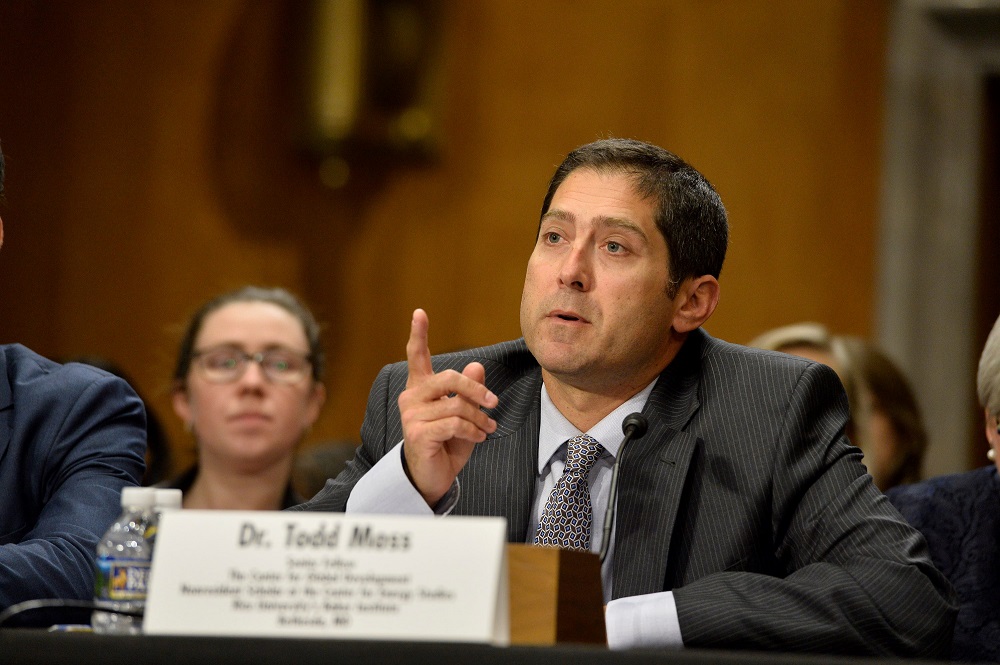Implementing Ownership at USAID and MCC
For over 10 years, the international development community, including the US government, has committed to incorporating greater country ownership into the design and delivery of foreign assistance. Ownership is considered critical for achieving and sustaining program results, building local capacity to help countries transition from aid, and strengthening the citizen-state compact by shifting accountability for results to the partner government. This paper explores how two key US foreign assistance agencies—USAID and MCC—conceptualize country ownership and implement the principle in practice with respect to setting priorities, designing and implementing programs, and involving partner country resources. The paper finds strong commitment to ownership by both MCC and USAID. It also identifies several challenges with implementing the principle, including balancing country priorities with other agency needs and weighing tradeoffs between ownership and programmatic/fiduciary risk. The paper makes recommendations that fall into six categories for how USAID, MCC, and Congress can help the US government build momentum around its efforts to promote ownership: 1) The executive branch should, in cooperation with Congress, work to remove or reduce legal and policy constraints to the pursuit of country ownership; 2) the agencies should solidify an agency-level understanding of country ownership and promote a framework for approaching risk; 3) both USAID and MCC should build off existing practices to more comprehensively focus on country ownership; 4) both agencies should clearly incorporate considerations of program quality, results, and value for money into ownership goals; 5) the agencies should devote more human resources to effective and sustainable country ownership; and 6) USAID and MCC should create a public space for shared learning around ownership practices.
Rights & Permissions
You may use and disseminate CGD’s publications under these conditions.




